This Insurance Company Is Reaching Customers By Poking Fun At Obamacare
WASHINGTON -- The top health insurer in Iowa is launching a new ad campaign poking fun at the failure of Obamacare's federal exchanges and encouraging people to enroll directly with the company.
The ad campaign from Wellmark Blue Cross and Blue Shield will air in Iowa and South Dakota markets starting this Thursday and run through mid-December, an official with the company told The Huffington Post. The ads -- three versions in total -- were initially spotted by Kantar Media CMAG, an ad-tracking group.
"Things don't always work like they're supposed to," the script of the ad goes. "Good thing the government exchange website isn't the only place to buy health insurance. Just visit Wellmark.com/simple or call today."
Reached by phone, Traci McBee, a spokeswoman for Wellmark, said that the ads were meant to reach a "small market" of individuals in need of coverage and frustrated by their shopping experience.
Love HuffPost? Become a founding member of HuffPost Plus today.
In Iowa and South Dakota, state insurance divisions allowed all carriers to extend current plans through the end of 2014, meaning that the pool of those whose coverage was dropped was relatively small (McBee estimated that 80 percent of the company's small groups have chosen to keep their coverage).
Those who changed coverage or were dropped could go look at options on the exchanges, which are run by the federal government in South Dakota and are run through a state-fed partnership in Iowa. But those websites have been difficult to navigate. And even if the experience was seamless, consumers won't find Wellmark in either.
The insurance company is not participating in either Iowa or South Dakota’s exchanges in 2014, choosing to wait until 2015. The ad campaign is "designed to make sure people know there is more than one place to shop," explained McBee. "Lost in the swirl right now is the fact that consumers can still buy insurance in all the ways they have before –- working through a trusted insurance broker or direct from an insurance company."
Insurance companies not participating in the exchanges still have to offer insurance options with minimal coverage standards. But direct enrollment has its complications, too. For starters, it could draw more customers out of the exchanges -– endangering their viability as marketplaces. Also, direct shopping deprives the customer of potential deals, as he or she can't compare between offers.
That said, the failures of the federal website have caused even the White House to more fully embrace direct enrollment.
"We are also working to set up direct enrollment through insurance companies so that Americans could choose to enroll directly through the insurance company," press secretary Jay Carney said on Monday. "And that’s another method by which we can reach the same point that is the goal here. Again, it’s the end here that matters, not necessarily the means. The means are important and we have made clear our shared frustration with the problems that the website has experienced, but we have to make sure that there are other means available for the American people even as we make improvements to the website."
1912
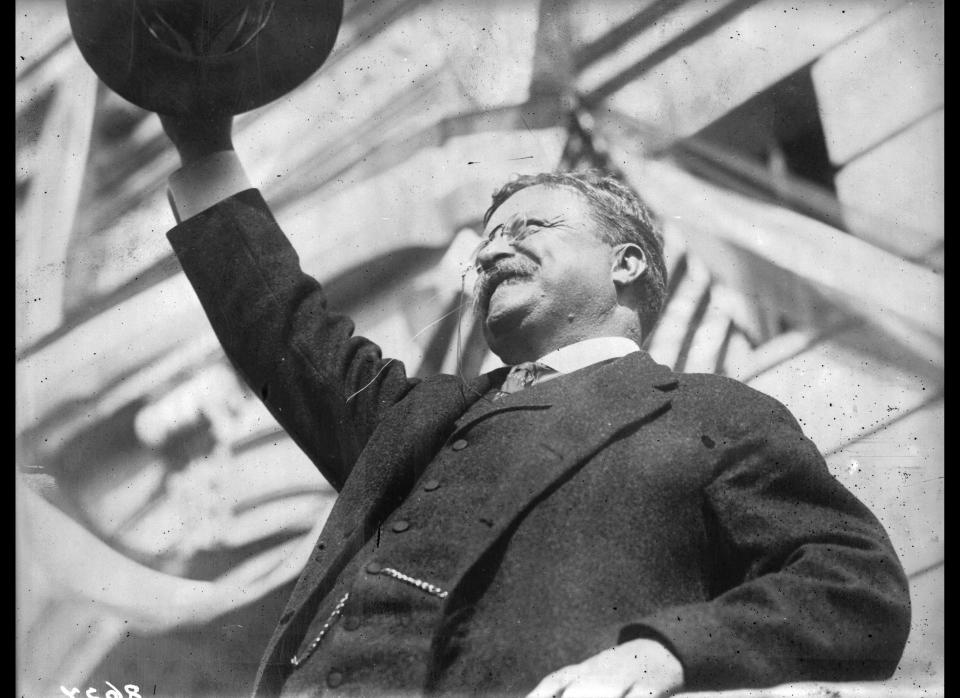
1935
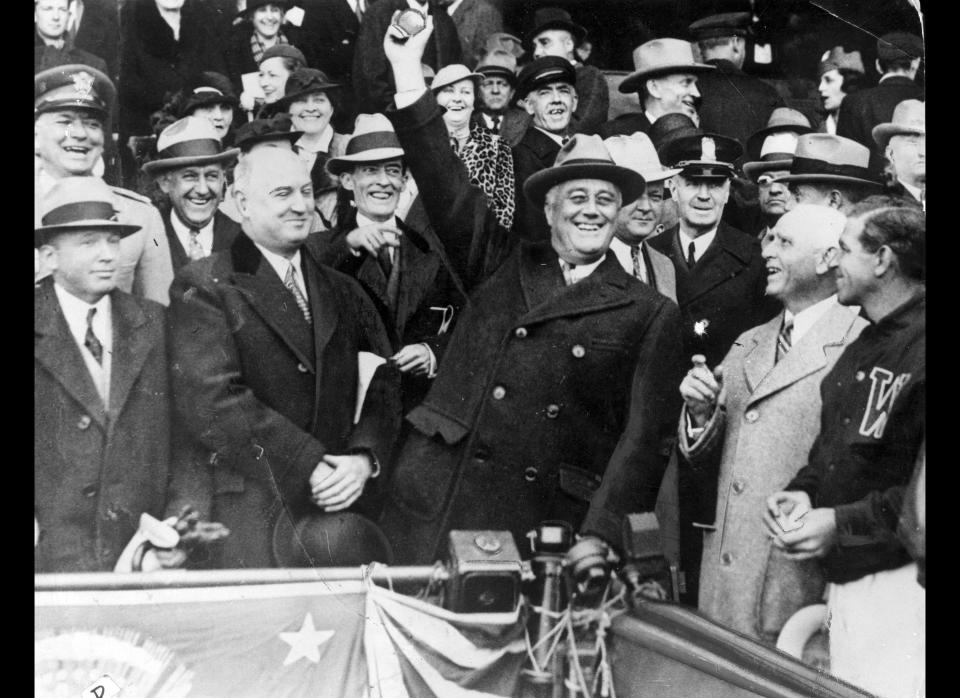
1942
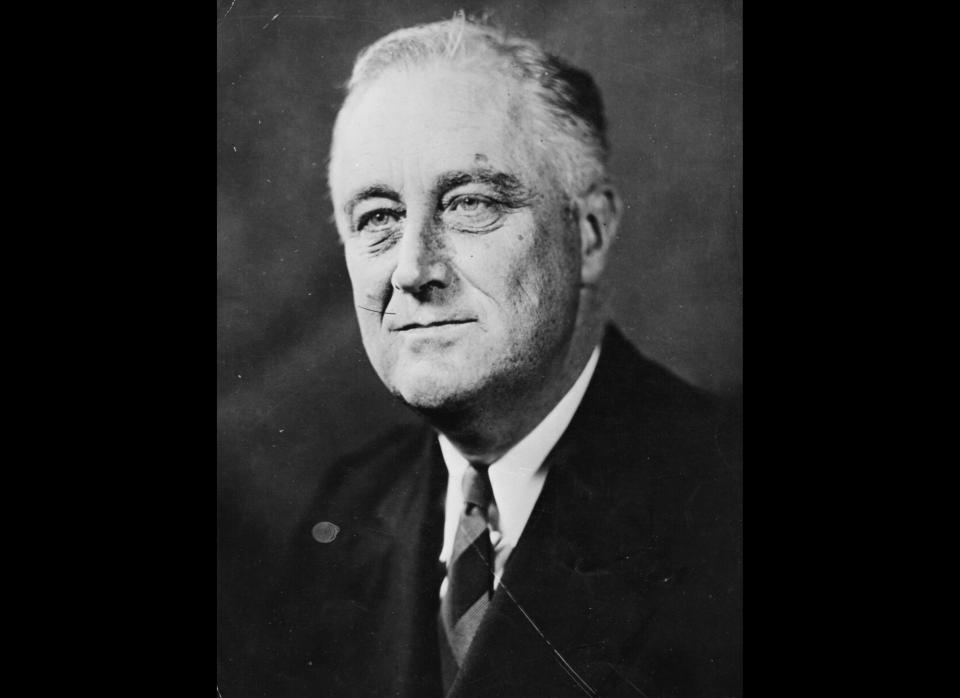
1945
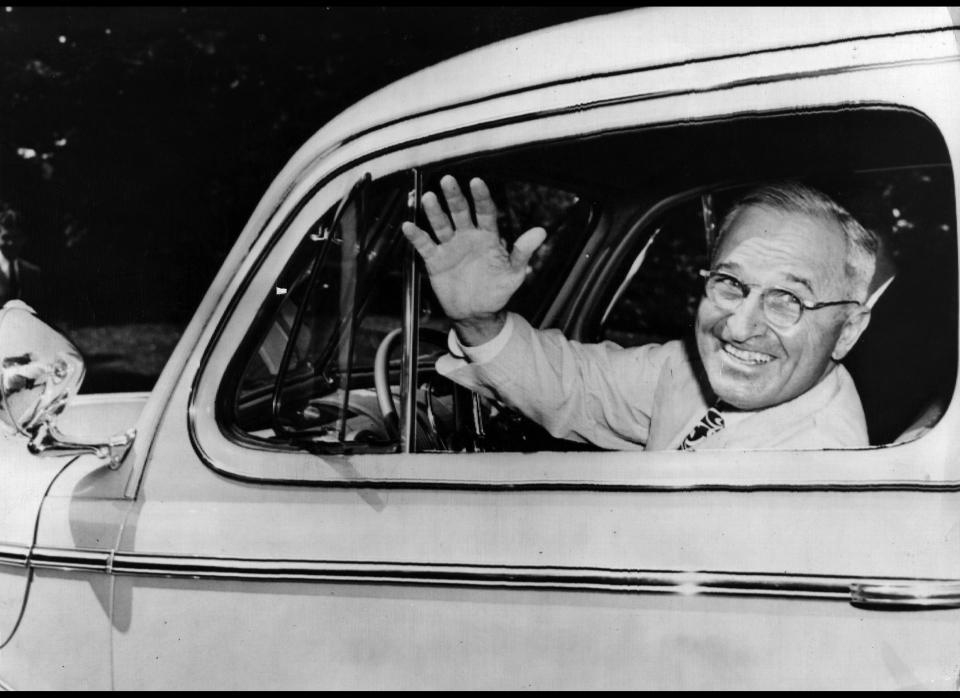
1960
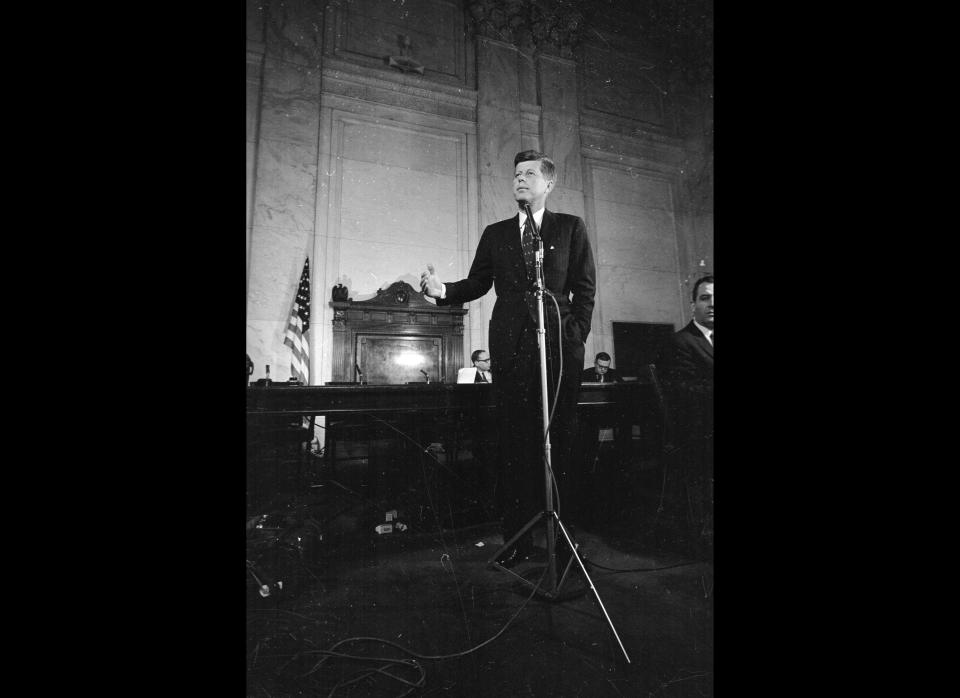
1965
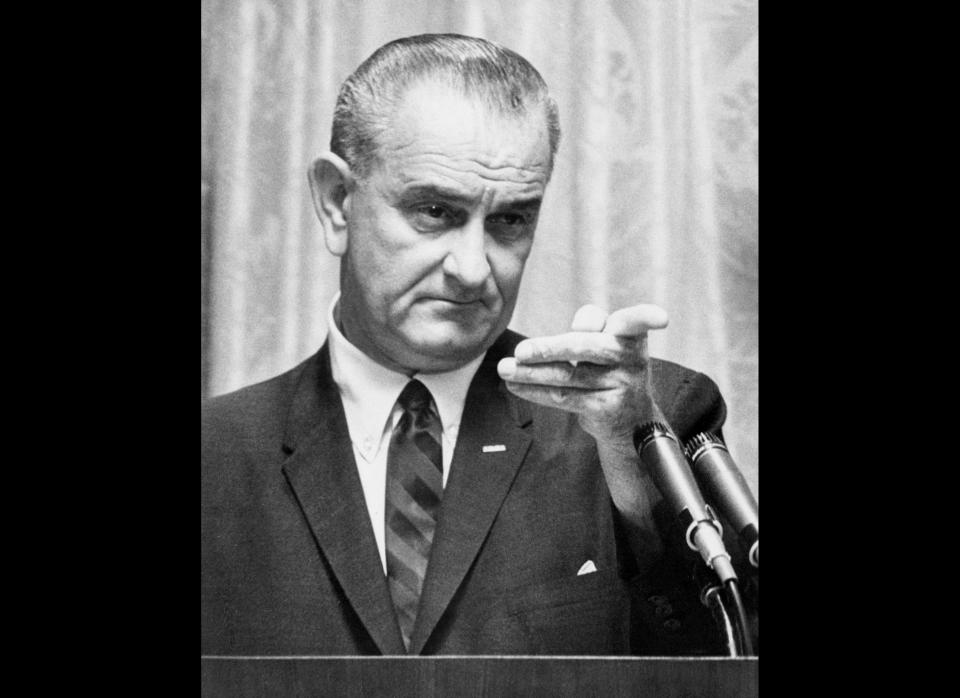
1974
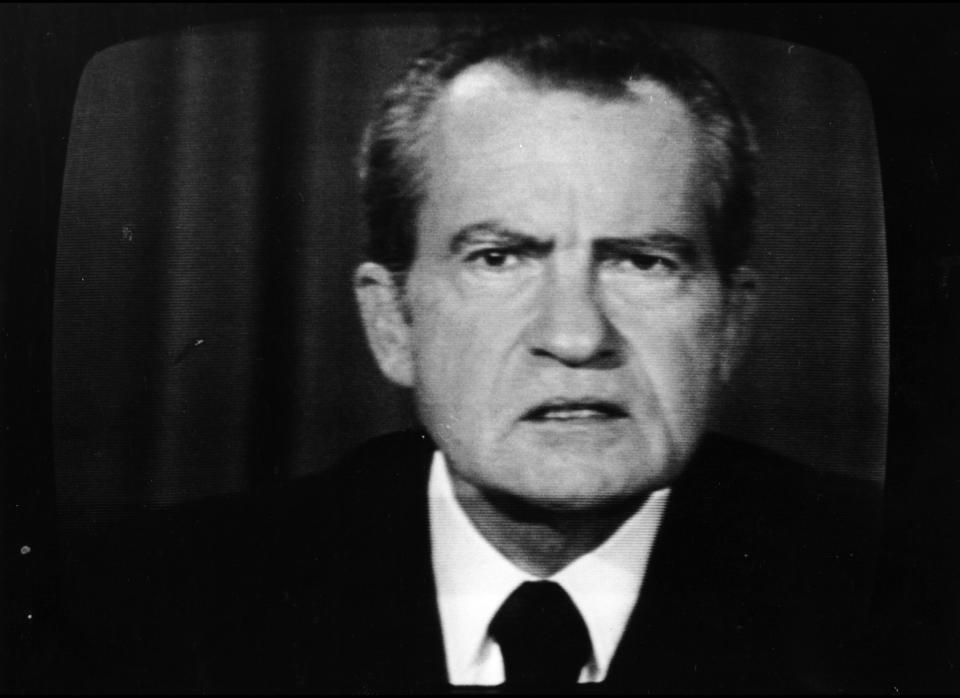
1976
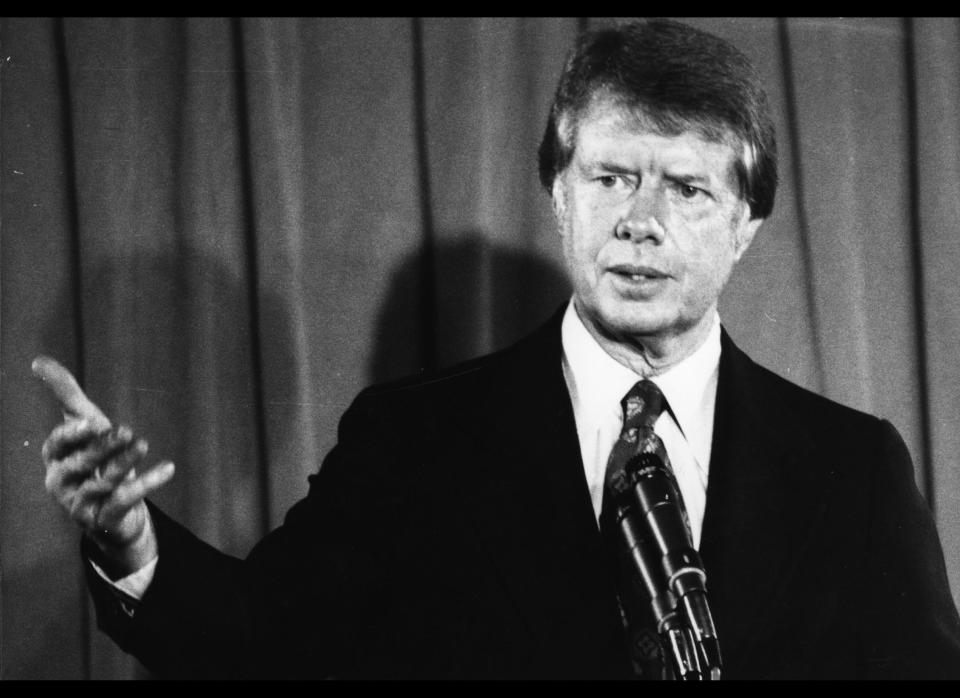
1986

1988
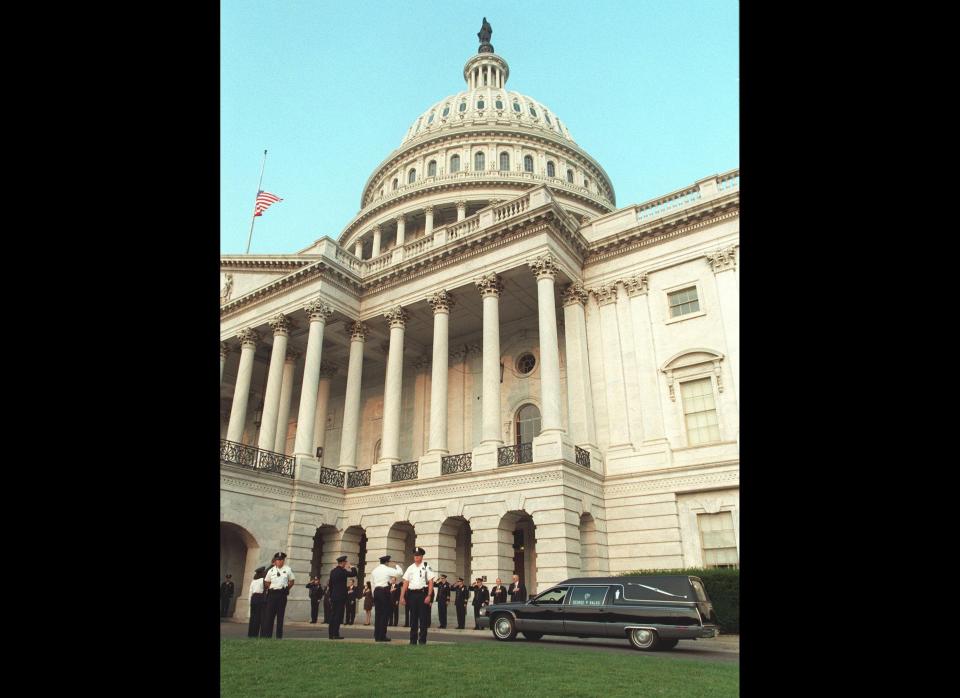
1993
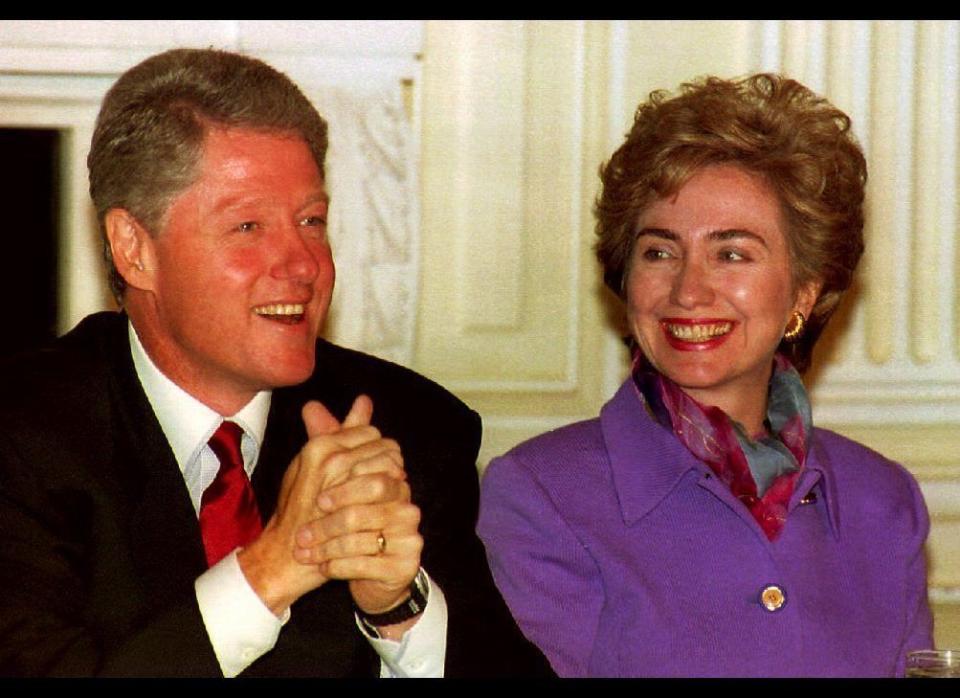
1997
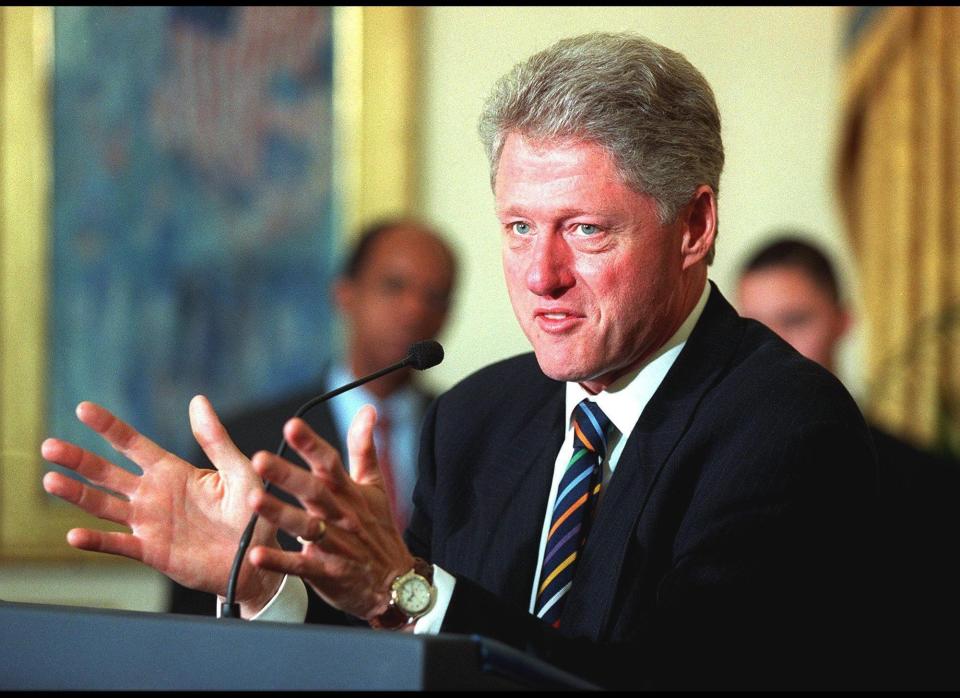
2003
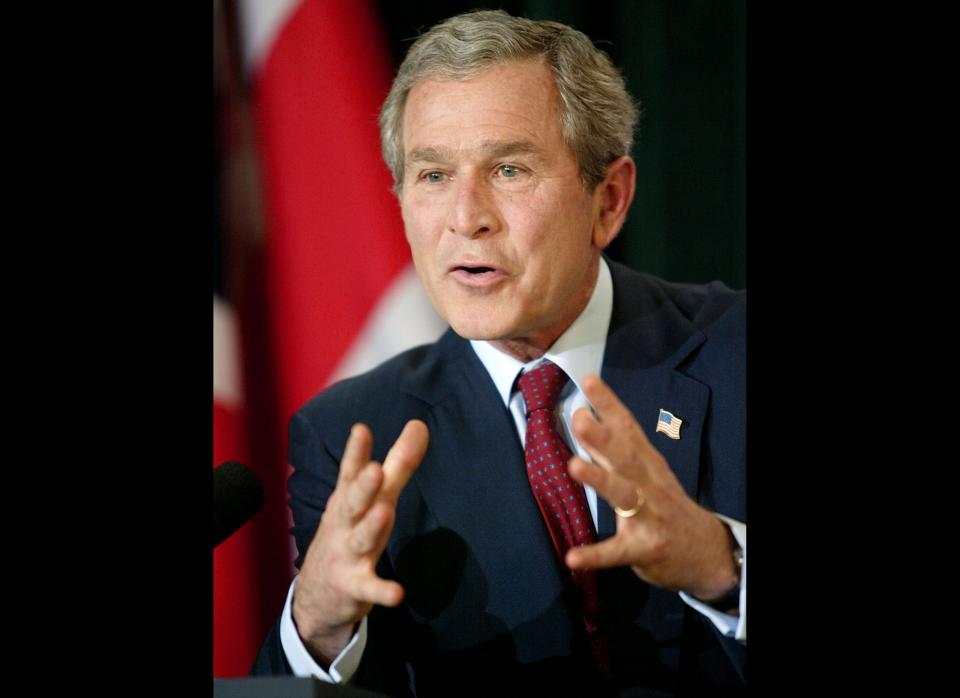
2008

2009
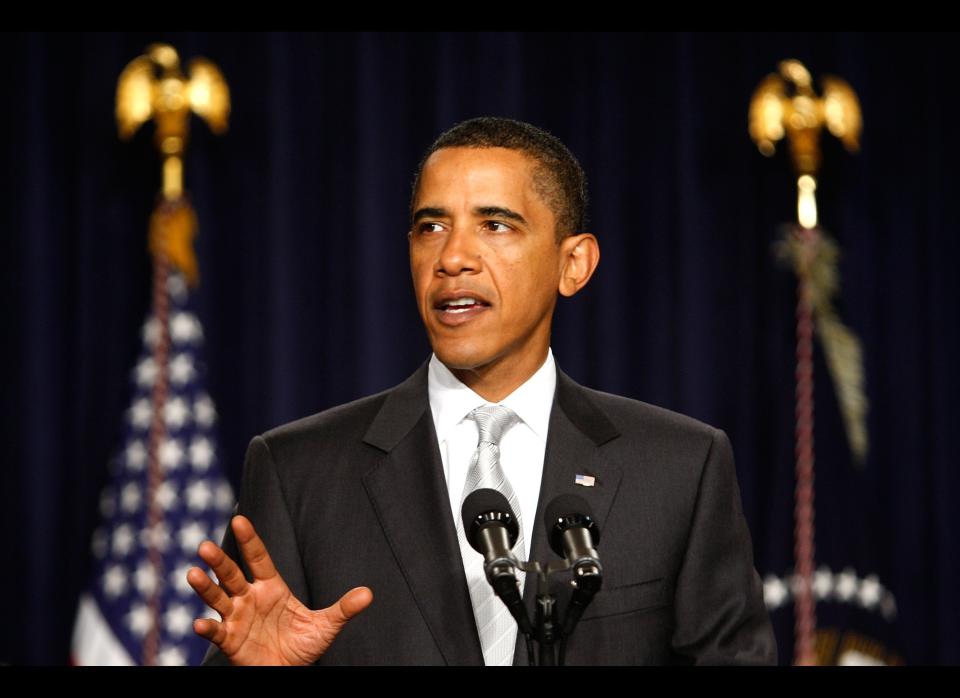
2010
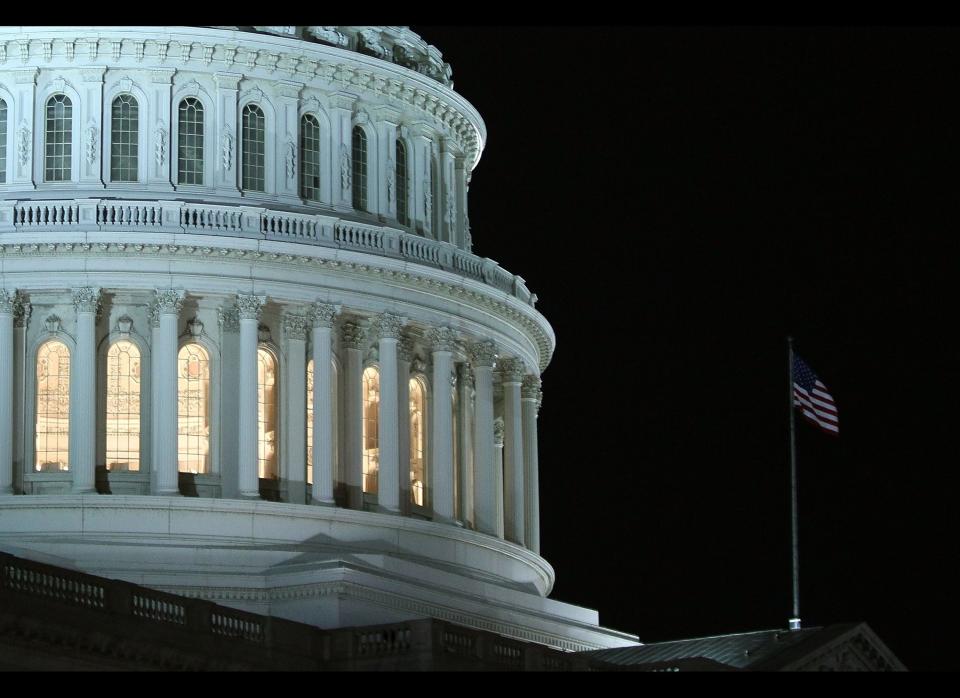
2012

This article originally appeared on HuffPost.

